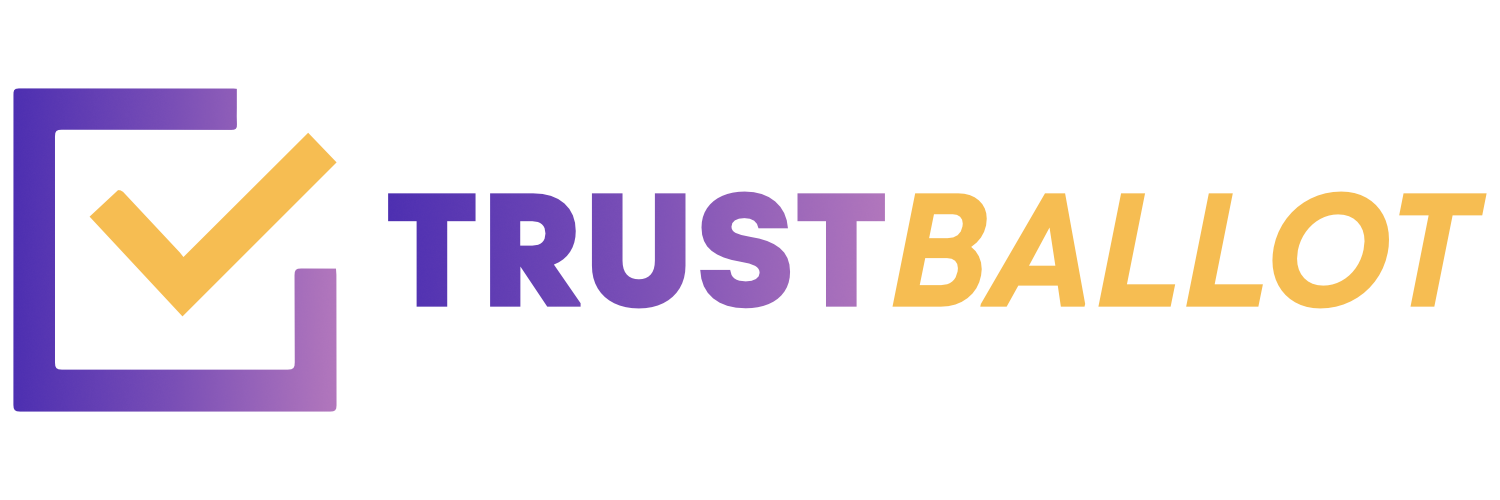AI in Elections: Balancing Innovation and Integrity in Pakistan
The recent general elections in Pakistan have spotlighted the innovative use of artificial intelligence (AI) by Imran Khan's party, Pakistan Tehreek-e-Insaf (PTI), stirring debate about the impact of such technologies on the fairness of elections. Despite being detained during the campaign period, Khan's party effectively harnessed AI to generate speeches, engaging supporters in a groundbreaking manner. This approach not only bypassed attempts at silencing them but also highlighted the shifting dynamics of electoral campaigning in the era of digital technology. The AI-rendered proclamation of victory by Khan signifies a transformative chapter in the realm of political campaigns, merging tech advancements with age-old electoral tactics.
Nonetheless, introducing AI into the political sphere carries its own set of challenges. It presents innovative avenues for voter engagement, yet it risks diluting the genuineness of political dialogue. The undisclosed use of AI-generated materials could erode public faith in the electoral process, emphasizing the need for electoral authorities and relevant parties to implement stringent regulations and uphold ethical principles. The latest election scenario in Pakistan exemplifies the dual-edged nature of AI's role in politics, where PTI's triumph, despite Khan's confinement and subsequent hurdles faced by the party, highlights the intricate relationship between technology, political expression, and the sanctity of elections.
The post-election phase, with PTI-aligned independents grappling with the task of government formation amidst legal and constitutional challenges, further muddies the political waters. This highlights the necessity for a robust, transparent, and equitable electoral mechanism that adheres to democratic ideals and preserves the integrity of the election process. As political entities and candidates increasingly lean on AI and digital methodologies, striking a balance between innovation and ethical responsibility becomes imperative. By ensuring the judicious use of AI and similar technologies in political campaigns, we can safeguard voter trust and the legitimacy of the electoral process.
Given these events, it's crucial for all involved parties, including political factions, electoral institutions, and the broader civil society, to work together towards creating an election environment that values openness, equity, and the sanctity of democratic principles. The adoption of AI in political campaigning, as witnessed in Pakistan's latest elections, signifies a significant shift that necessitates careful oversight and ethical standards to protect the core values of democracy. Maintaining election integrity in the digital age involves not only embracing new technologies but also reinforcing the fundamental tenets that form the basis of democratic governance.

